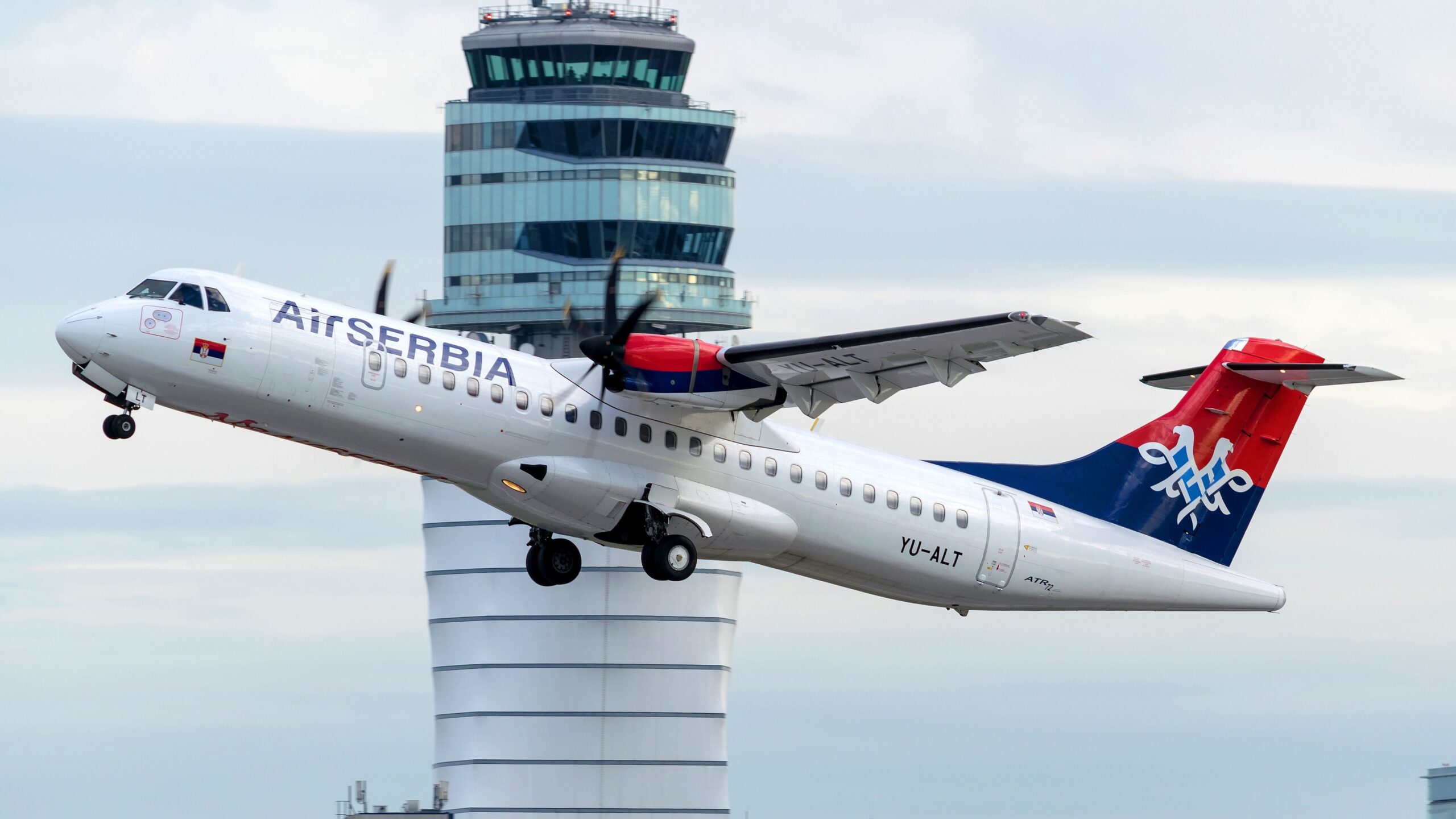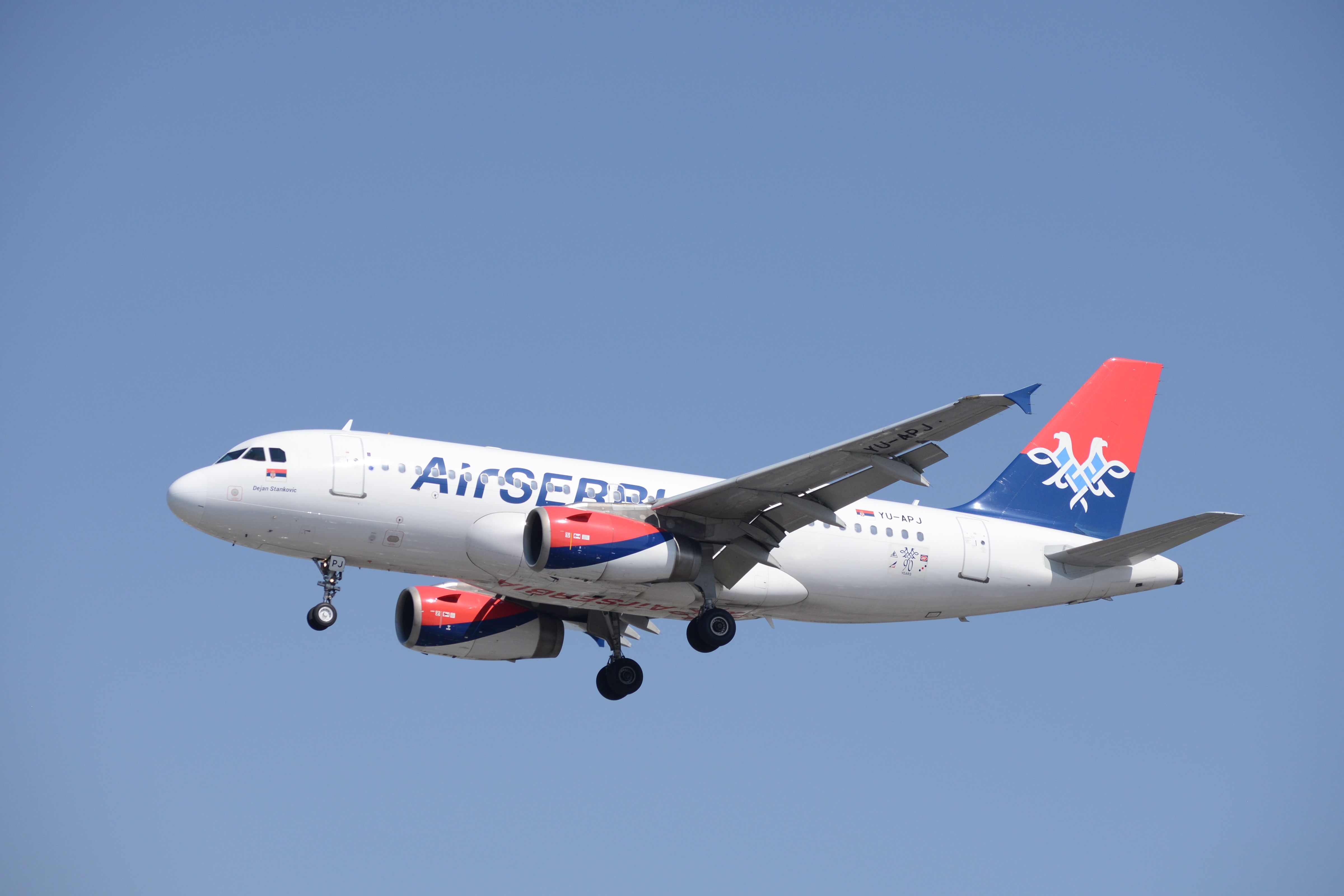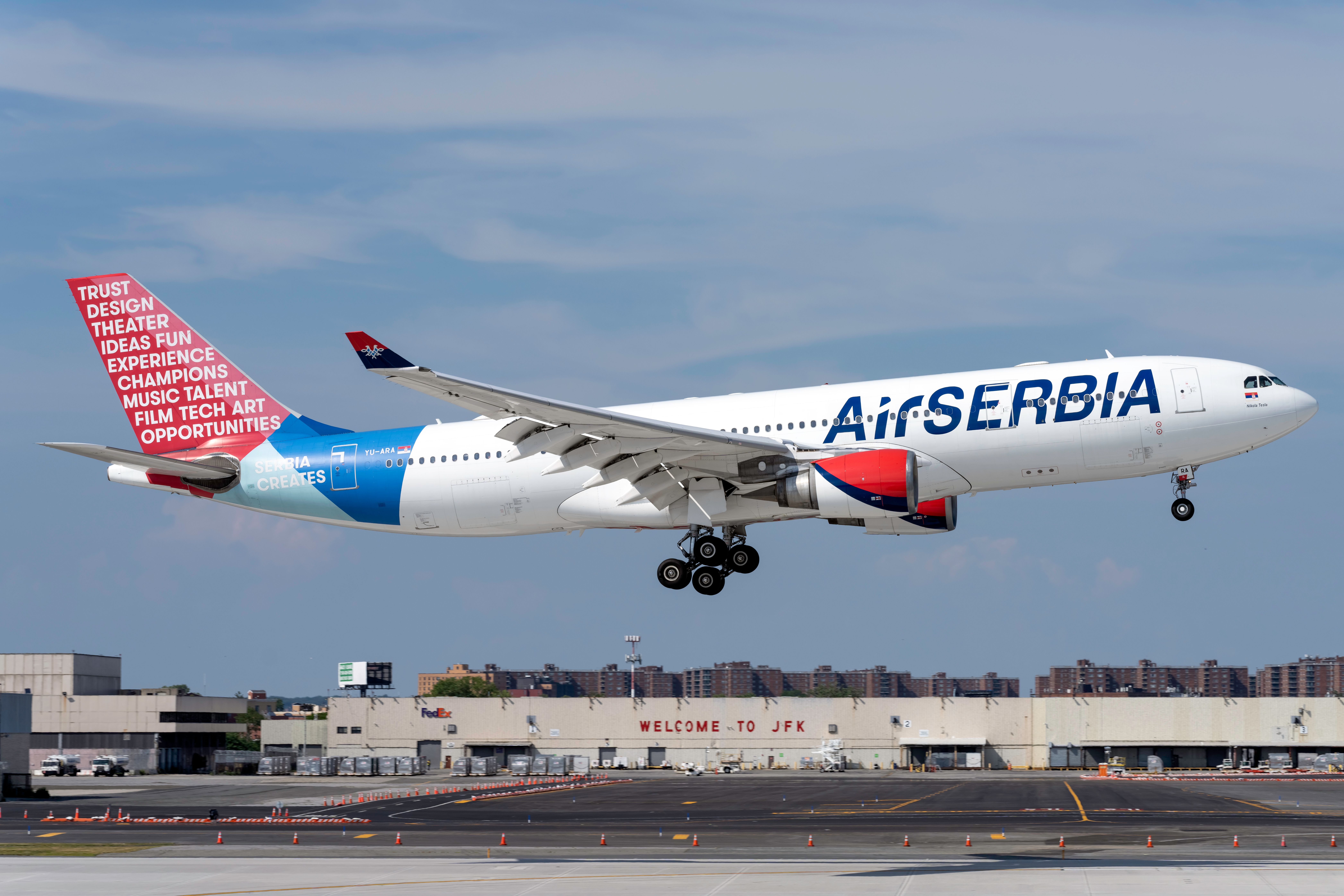Summary
- Etihad Airways has officially ended its stake in Air Serbia, reducing its ownership over the years and having no influence over the airline’s management or strategy.
- Air Serbia, which has experienced substantial growth and expansion in recent years, is expected to see minimal changes following the termination of its extensive codeshare agreement with Etihad.
- Air Serbia is evaluating options for its frequent flyer program, including the possibility of withdrawing from the Etihad Guest program and developing its own program in the future.
The Serbian government officially concluded its takeover of the remaining 16.42% stake in Air Serbia from Etihad Airways, marking the end of Etihad’s involvement in the airline after a decade.
Etihad’s ownership in its Serbian counterpart had dwindled from 49% to 18% in 2020 and further to 16% the following year. Despite these reductions, Etihad has not exerted effective control over the airline for the past four years, having no influence on its management or strategy.
The extensive codeshare agreement between the two carriers was terminated last year. Consequently, minimal changes are anticipated at Air Serbia, which has undergone substantial fleet and network expansion in the last two years.
Etihad has not responded to Simple Flying’s request for comment.
Photo: Airbus
Serbia bids farewell to Etihad
Serbian Finance Minister Siniša Mali describes Etihad ending its stake in Air Serbia:
“Air Serbia is the largest airline in the region. From a carrier that was facing bankruptcy we created a leading company that now flies to four continents and a significant number of countries’ markets. It has become an example of how an airline can become successful and can further contribute to economic growth. The state will focus on the continued development of our Air Serbia, which includes the acquisition of wide-body aircraft and the launch of new routes. I would like to thank officials from Etihad Airways, who have been Air Serbia’s partners and part-owners since 2013. They are leaving Air Serbia due to their own business decisions, while we continue to develop our airline.”
Air Serbia CEO Jiri Marek recently described the situation between Air Serbia and Etihad:
“Etihad Airways is a minority shareholder but has no involvement in the company’s management. We are not looking for a strategic partner at the moment. Of course, I cannot comment on behalf of the shareholders, they might have a different vision. As an airline, our strategy is to cooperate with everybody with whom we can and where it makes sense.”
Anticipated to serve a record-breaking four million passengers this year, Air Serbia reported a net profit of 22.4 million euros (US $24.2 million) in the first half of the year. The airline expanded its network with the addition of 23 new routes in 2023 and has outlined plans for future long-haul expansion.
Photo: Vincenzo Pace | Simple Flying
While currently utilizing the Etihad Guest frequent flyer program, Air Serbia has indicated the possibility of withdrawing from the scheme next year, Air Serbia CEO Jiri Marek added,
“We are evaluating many options. We were evaluating [joining] Turkish Airlines’ Miles and Smiles and also the program offered by Air France – KLM. At the moment, we are more inclined towards developing our own program, however, we have many other projects which have priority that are in the pipeline, so we believe that within 2024 we may have some solution but we are inclining to developing.”
Partnership with GetJet Airlines
Air Serbia recently entered into a year-and-a-half agreement with GetJet Airlines. The deployment of GetJet Airlines’ aircraft at Belgrade Nikola Tesla Airport will enhance Air Serbia’s connectivity to various European destinations, including Larnaca, Heraklion, Rhodes, Catania, Barcelona, Palma de Mallorca, Antalya, Hurghada, and others. This strategic partnership holds significance for both carriers, supporting the development and growth goals of the companies and expanding the geography of winter flights.



